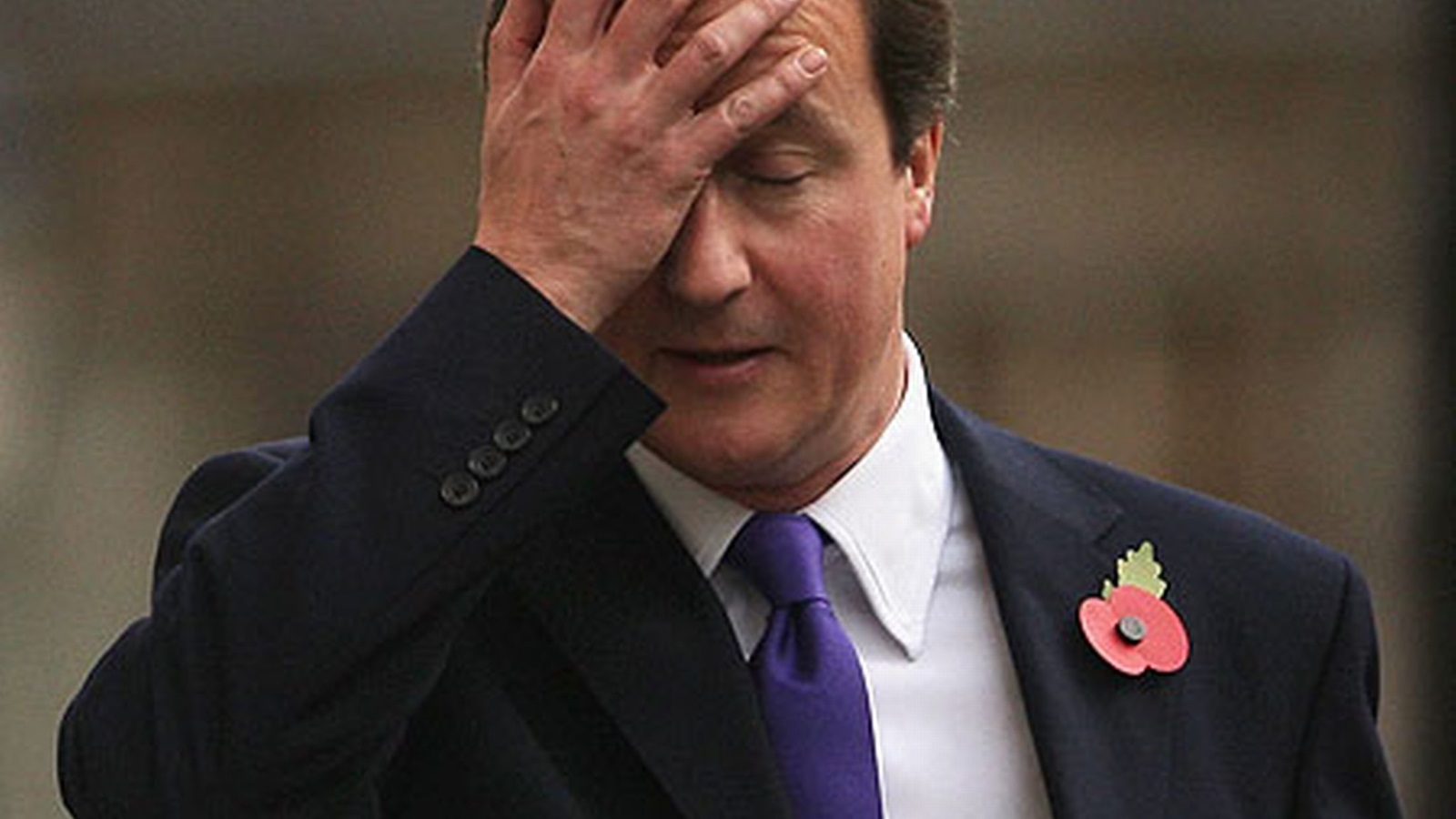 NEWS
NEWS
 NEWS
NEWS
 NEWS
NEWS
![]()
Messaging apps have made a comeback in our increasingly mobile world. Whether they are available for download or come pre-installed on our devices, they provide a convenient way to communicate with others.
However, these types of apps are increasingly being banned in countries for various reasons. Some cite the pro-consumer nature of the apps as the reason for the bannings, while others say countries want to limit communication in certain instances, such as when individuals or groups organize protest rallies or other anti-government activities. Other apps have been banned under the very vague headline of “security reasons.”
So which messaging apps have been banned, or may be banned, and where? And is it possible to uncover the real reason behind the bannings? Some of the answers may surprise you.
U.K. Prime Minister David Cameron is proposing new surveillance plans if he wins another term, and this plan includes banning popular messaging apps, such as WhatsApp, Snapchat and iMessage, from being used in the U.K. The ban will be put in place in response to the recent terrorist attacks in Paris.
Cameron explained that the use of these messaging apps prevents law enforcement officials from reading messages sent through them even if they have a warrant. The named services were not officially mentioned in Cameron’s plans, but it was explained that these three services are encrypted in a manner that messages sent through them can’t be read by others unless you are the recipient.
Viber was banned in the U.A.E. because it was never licensed to operate in the region. Only Etisalat and du were licensed to provide telecom services in the U.A.E., but others see it as favoring the two service providers. If all of the people in the U.A.E. used Viber for sending text messages and calling, then Etisalat and du would lose money.
The service was partially banned in China in relation to the Hong Kong protests, which was the result of the proposed electoral reforms. Some users, especially those in mainland China, experience service outage — they are not able to send messages or places calls using Viber.
Yik Yak is a proximity-aware, anonymous messaging app that allows users to post content that can be seen by others within a 10-mile radius. It is used to communicate with others near you, but it has been abused by some as a means to cyberbully. It has been banned in numerous academic institutions, such as several Chicago school districts, Norwich University in Vermont, Lincoln High School district in Rhode Island, and Pueblo County School District in Colorado.
New Mexico’s Tatum High School banned cell phone use from the school due to Yik Yak, and in October 2014, the Student Government Association at Georgia’s Emory University was pushing for a campus-wide ban on the app. Clemson University is also considering banning Yik Yak.
Iran’s Judiciary has banned the use of messaging services like Line, Tango and WhatsApp, because the services are said to be delivering disparaging content. Reports stated that “obscene material and offensive content against Islamic and moral values are shared through the mentioned social networks.” Iran has banned Facebook, Twitter and YouTube since the 2009 presidential election when authorities attempted to disband anti-government protests.
Eton College in the U.K. has banned its students from accessing Snapchat over concerns that the service could be used for sending sexual images. The college has blocked the service from its own network; however, it doesn’t prevent individuals who use cellular data from accessing the service.
Last June, the Central African Republic blocked the use of text messages in mobile phones in the hopes of restoring security. The region has succumbed to deadly ethnic and religious violence for more than a year, and a mass text campaign was used to call for a general strike that would force the transitional government that came into power to resign.
photo credit: Topdog1 via photopin cc
Support our mission to keep content open and free by engaging with theCUBE community. Join theCUBE’s Alumni Trust Network, where technology leaders connect, share intelligence and create opportunities.
Founded by tech visionaries John Furrier and Dave Vellante, SiliconANGLE Media has built a dynamic ecosystem of industry-leading digital media brands that reach 15+ million elite tech professionals. Our new proprietary theCUBE AI Video Cloud is breaking ground in audience interaction, leveraging theCUBEai.com neural network to help technology companies make data-driven decisions and stay at the forefront of industry conversations.